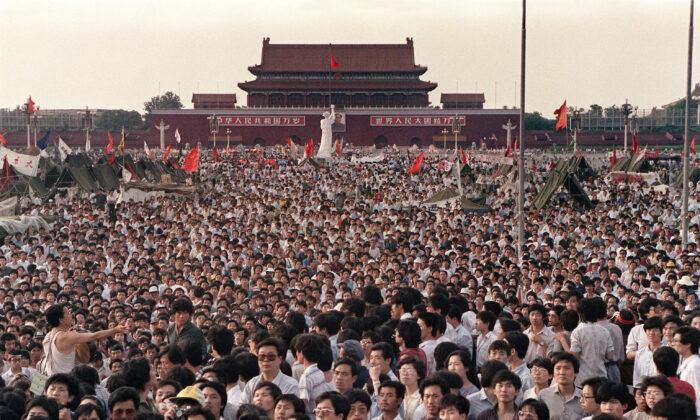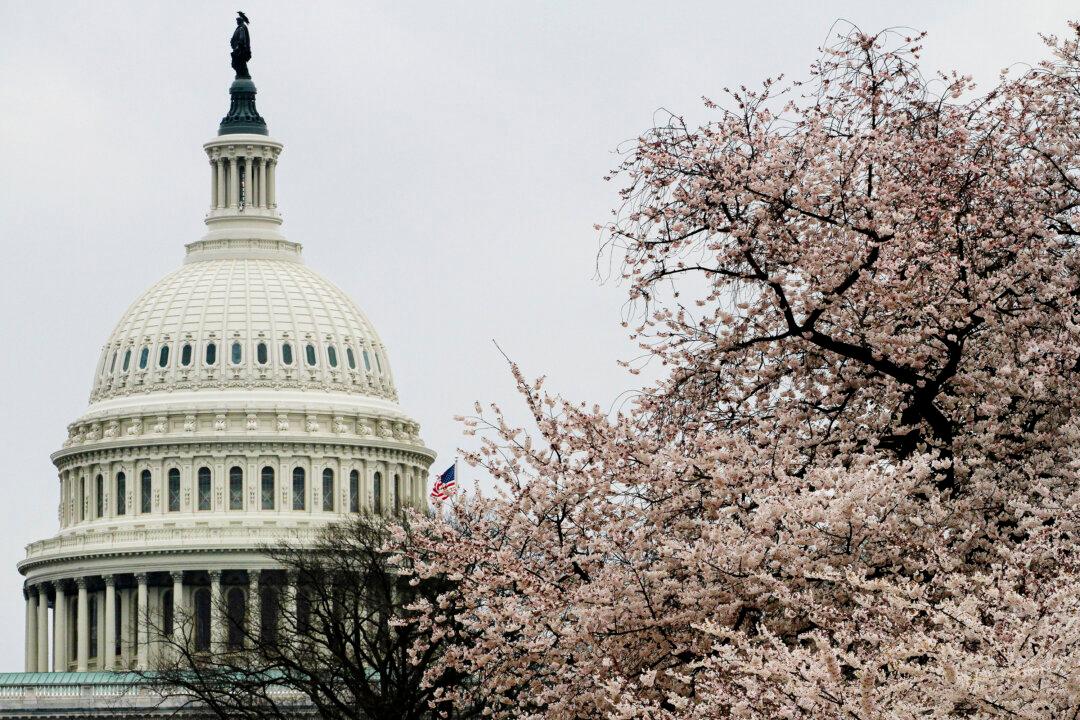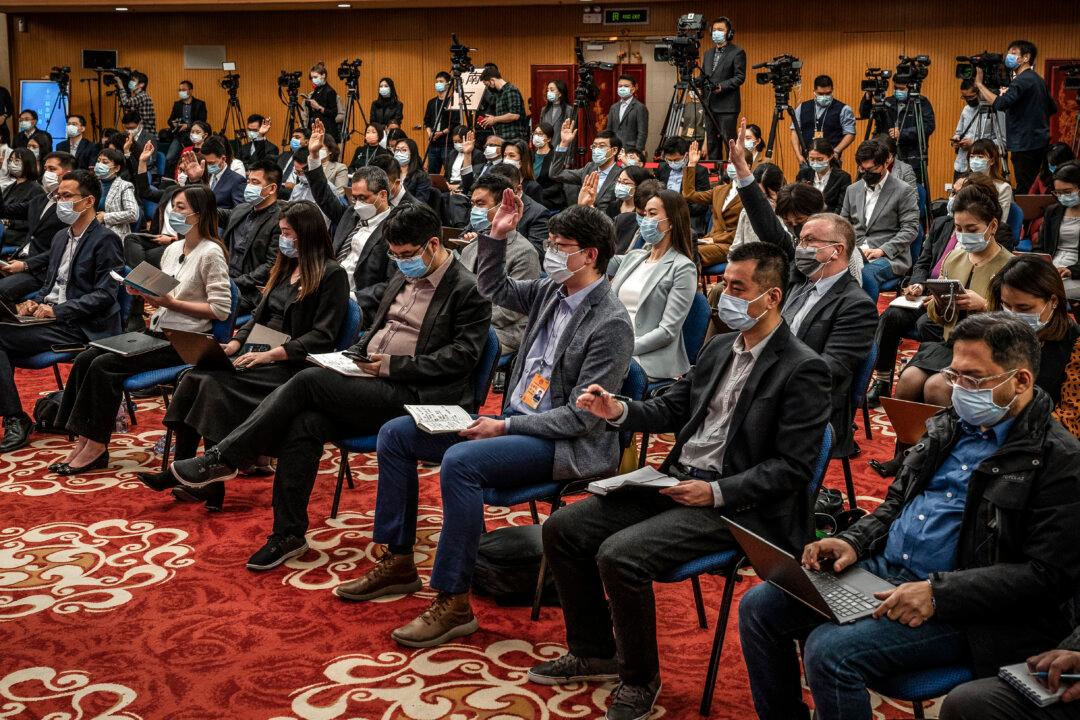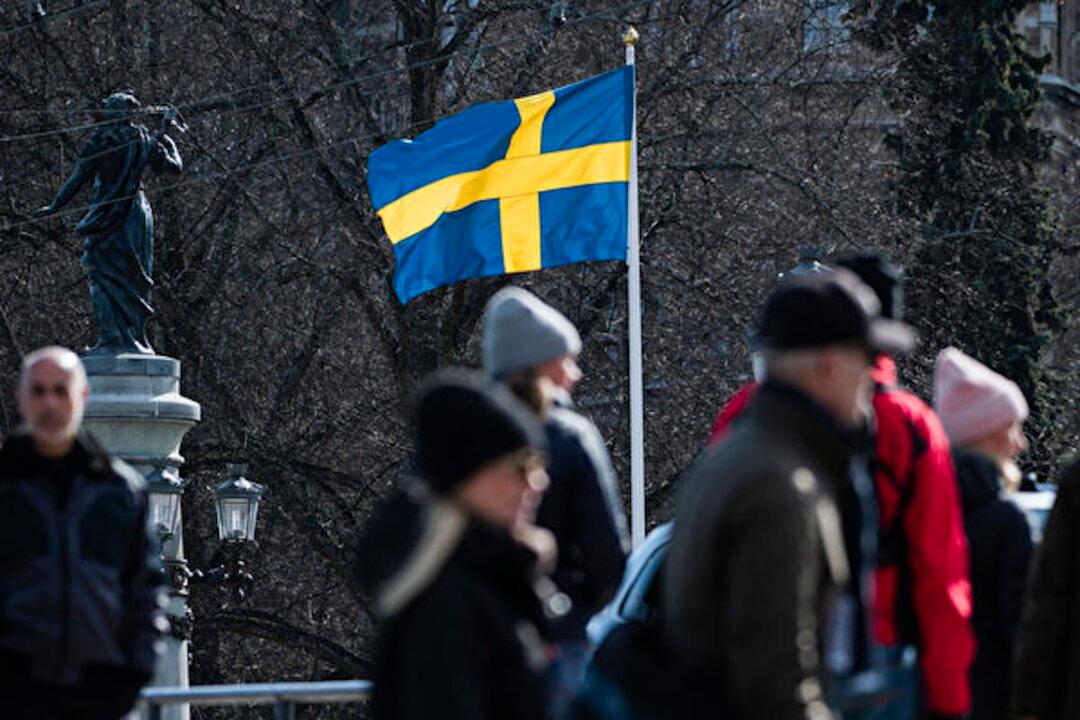China saw its first recent decline in October in funds outstanding for foreign exchange, according to data released by the country’s central bank on Nov. 21. The funds dropped by 24.89 billion yuan (US$3.91 billion) from September: the country’s first decline since December 2007.
The latest weekly report from China International Capital Corporation Limited estimated that capital outflow from China had reached 180 billion yuan (US$28.29 billion) in October.
Investment had been keeping the capital flow into China in a positive direction, but the hopes investors have for the Chinese economy have cooled.
The three big credit rating agencies in the United States, Moody’s, Standard & Poor’s and Fitch Rating, maintained a pessimistic viewpoint regarding China’s economy in July and August, predicting that the bad debts of Chinese banks will reach 8 to 12 percent in 2012 and 2013, with an estimated 60 percent chance of a financial crisis occurring in 2013.
Tao Ma is an Economics Ph.D. at the People’s University of China. He estimates that about US$300 billion of “hot” money has flowed into China over the past 10 years. He explained that in the process of waiting for the yuan exchange rate to increase, this money was poured into the real estate market, stock market, underground private banks, and other speculative investments. However, as China’s economy cooled down, the money began to flow in the opposite direction.
Officials Transferring Money
A report entitled “Salary and family wealth of employees of Party organs and government institutions” was jointly released by the State Council, the Central Commission for Discipline Inspection, and the Chinese Academy of Social Sciences in April of 2010, stating that the wealth of 1.31 million officials (those who rank above the county administration level) and their families accounted for 80 percent of China’s wealth.
The Chinese language website Boxun, quoted the State Council report as saying that from 1996 to 2003, about 2.2 trillion yuan (US$345.78 billion) of outflow money from China was filtered into the offshore bank accounts of Chinese officials and their families.
Larry Lang is an economist and chair professor of Finance at the Chinese University in Hong Kong. In an article for Business Sohu he said that based on his own research, the outflow money from China had already reached more than three trillion yuan (US$471.51 billion) in 2003.
Shi Zangshan, a Washington D.C.-based China expert, told The Epoch Times that it’s nothing new that wealthy Chinese are moving abroad. In the past, Chinese officials and businessmen used to transfer their money to foreign countries, sending it back to China as foreign investment, in order to take profit from preferential policy.
“But nowadays, it’s possible that wealthy Chinese are not planning on going back to China at all. They are leaving China for real: they transfer their money abroad before they leave China.”
Shi compared China’s economic situation to what some economists refer to as the Latin American model: Latin America underwent rapid development in the 1950s and the 1960s, resulting in a huge disparity between the rich and the poor, serious corruption, and an absence of the rule of law.
Scores of wealthy individuals subsequently immigrated to North America, bringing their considerable capital assets with them, which ultimately resulted in shutting down the economies of Latin American countries from the 1970s to the 1990s.
He concluded, “China is obviously going down the same path.”
A New Epoch Weekly article cited Brazil as a corollary: From 1968 to 1974, the military government implemented a policy of high tax and “compulsory industrialization.” As a result, the country’s GDP increased 11.4 percent, which continued for six years, creating the “Brazil Miracle.”
However, the policy aggravated the gap between the rich and the poor and eventually led to retaliation by peasants and social turmoil. After foreign investment sources withdrew, the country was left with outdated, shabby factories and staggering numbers of unemployed.
Shi likened the economic development of a country to the starting of the engine of a car. Capital needs to go through an accumulation process, and continuous growth is dictated by the accumulation of both capital and talents. Once capital and talents leave the country, it will be thrown into a severe financial crisis: the engine will thus need to be restarted later.
He reasoned that if the current trend in China continues, it will have a huge impact on China’s economy. The dictatorial nature of the regime could lead it to chose the easy way out by opting for strict and direct control, but such an approach could lead to creating a greater issue for wealthy Chinese, resulting in accelerating the outflow of capital from China.




Friends Read Free